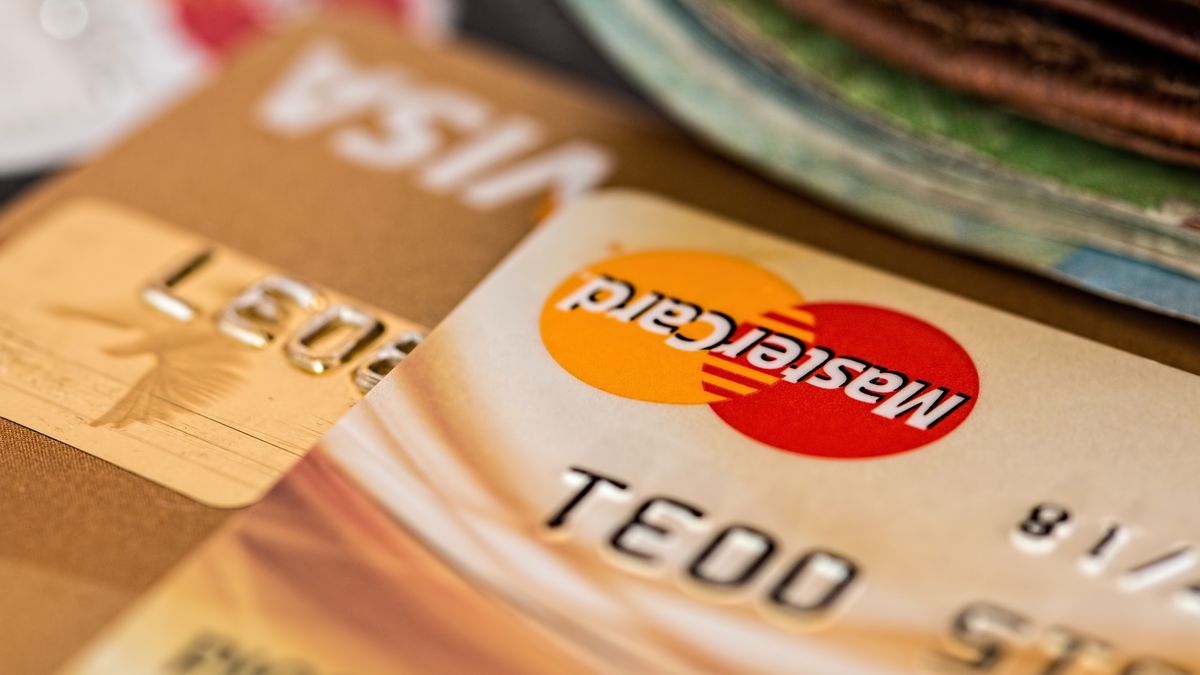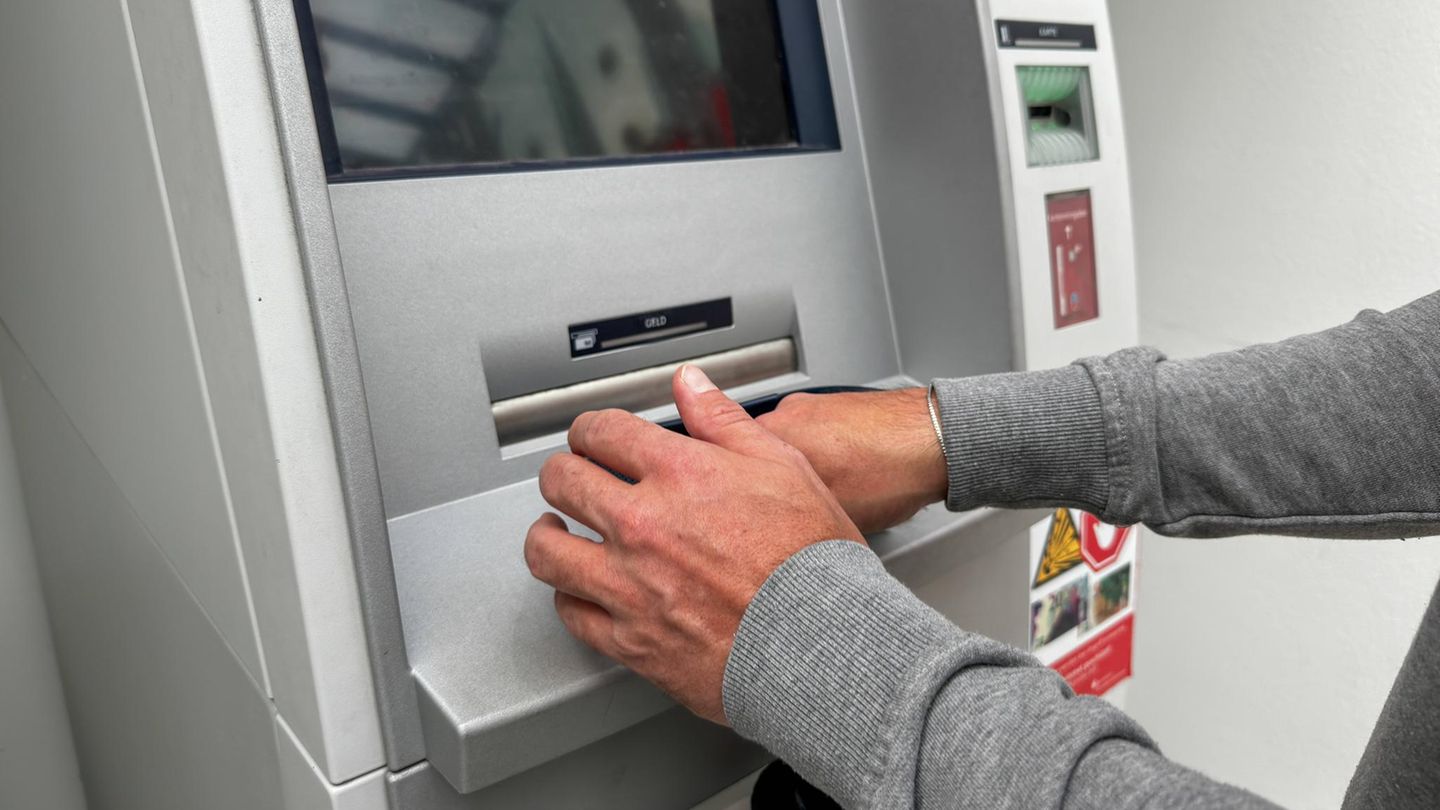The association highlights that the use of these means of payment means there is much less cash at service stations and, if there is, it is in safe deposit boxes so that there are no large sums in the tills. registers.
“You will have seen that we have not been in the news for a long time on this issue. On the one hand The card issue helped a lot.. In the previous government, a regulation had been issued that at night you could sell exclusively with a card, that was no longer the case, but people got used to the card“explained Daniel Añon, president of the Union of Nafta Sellers to Telenoche.
However, they admitted that this also generated another problem that has to do with the card fee. “Those who handle more money and have fewer cards, which may be more inland stations, almost all of them have already negotiated with some small ATMs that have a security company through which they charge and put the money there,” explained Añon.
Electronic payments grew 23% in the first half
The total volume traded with debit and credit cards and electronic money instruments increased by 8% in Uruguay during the first half of the year compared to the previous six months; and a 23% year-on-year. However, within the category, transactions made with electronic money those that made the biggest leap: a 35% in relation to the same period in 2022.
This is stated in the Informative Report on the Retail Payment System of the Central Bank of Uruguay (BCU) corresponding to the first half of the year, which analyzes the most notable aspects of the period regarding instruments, channels and systems that make up the national payment system.
As for the debit cardsthe number of cards issued nationwide increased by 3% compared to 2022, reaching 3,224,180 as of June 2023. Likewise, the volume operated during the first semester increased by 20% year-on-year due to operations with cards issued locally, and by 27% from those issued in the outside. Regarding the amount operated, there was an increase of 8% compared to the same period last year, although the average amount per operation fell by 10%.
An interesting fact is that the foreign operations made with debit cards issued in the country grew by 33% and the total amount traded increased by 14%.
Regarding the Credit cardsthe total park of plastics emitted grew by 1.5%, thus reaching 3,319,464 cards in the middle of the year. In turn, around 9,000 new cardholders – holders of this type of payment instrument – were identified.
According to the BCU report, operations carried out in the country with credit cards grew by 22%, while the total amount operated also increased by 10%. For their part, the operations carried out abroad they increased by 20%and the amount operated was 11% more than in the first half of 2022.
Source: Ambito




